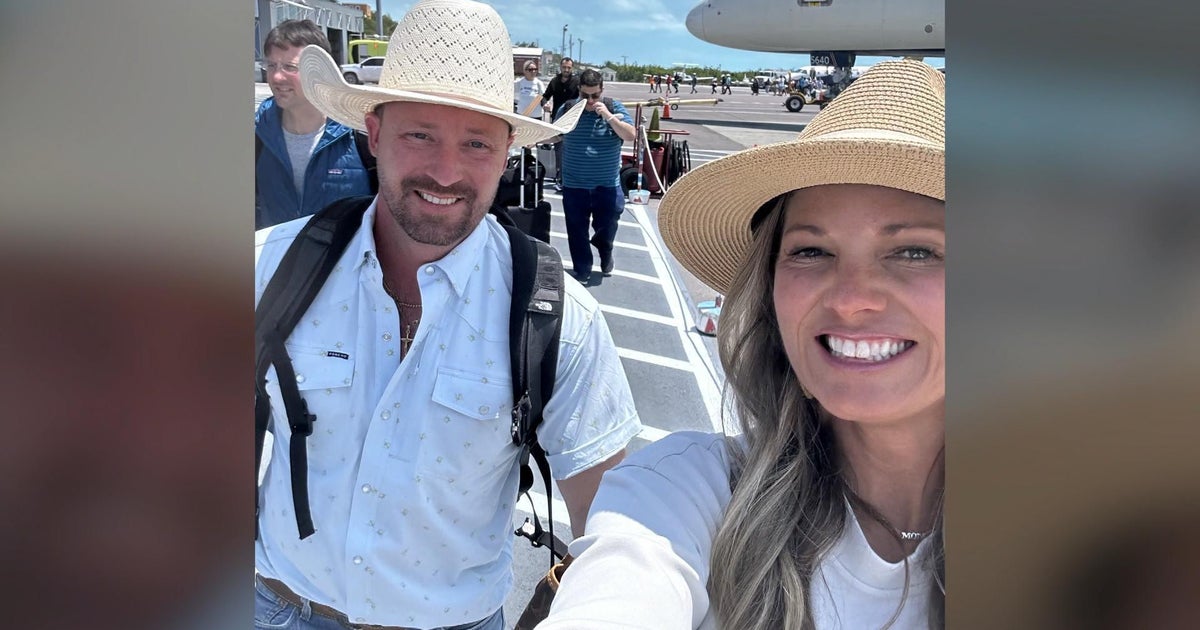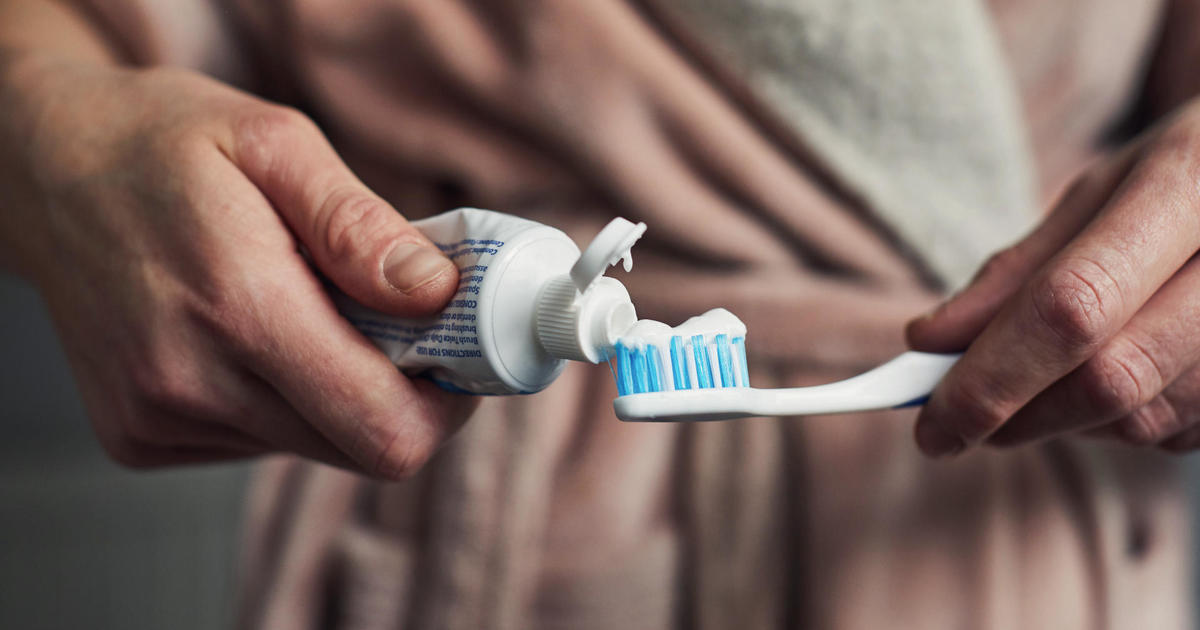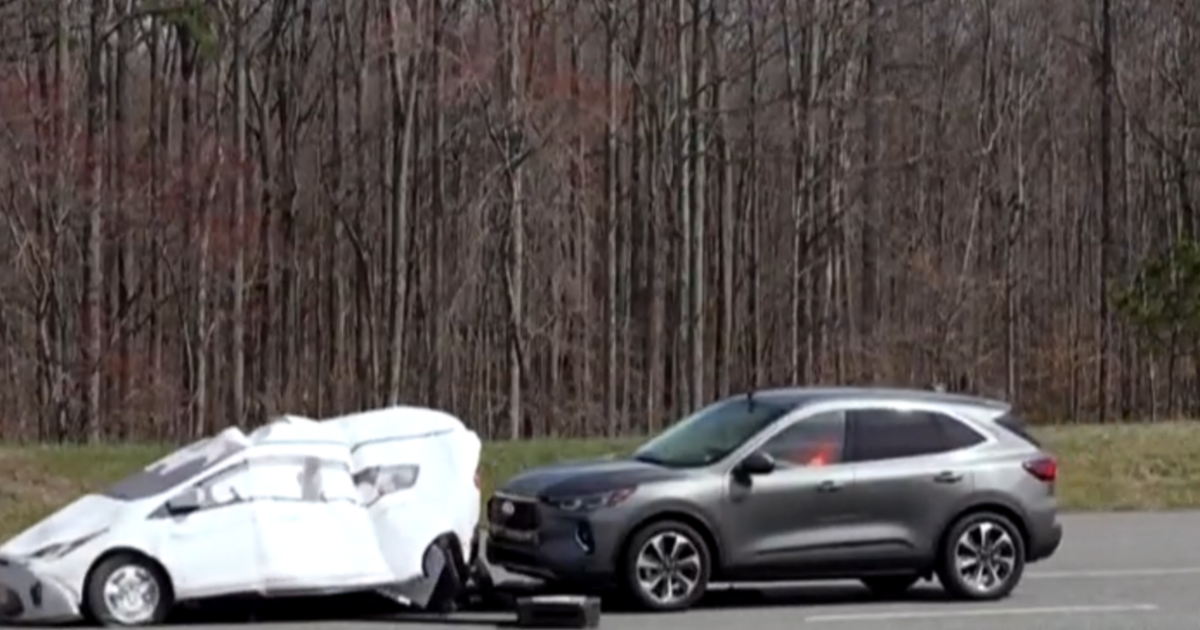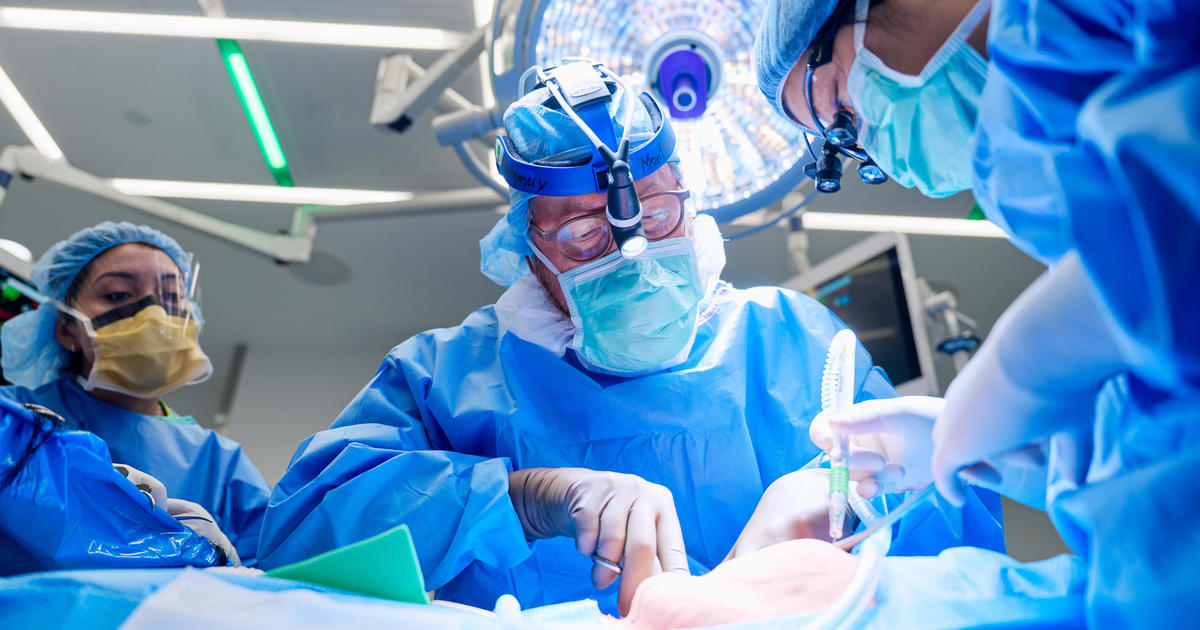5 things I learned about coronavirus from Surgeon General Dr. Jerome Adams
Tonight on the "CBS Evening News," we spoke with the Surgeon General Dr. Jerome Adams. The nation's top doctor told us the next 15 days are a "critical inflection point" in slowing the spread of coronavirus in the U.S. "We have a choice to make," he said. "Are we going to continue to see cases rise precipitously and deaths increase like Italy has or are we going to try to go the way of South Korea and China, where they really leaned into mitigation efforts and everyone pitched in to stop transmission?"
Here are our top takeaways from the interview:
1. Children's playdates are "not worth the risk"
We wanted to know – based on the new guidelines to limit social contact: Are playdates safe? Dr. Adams advised against it for the time being: "It's not worth the risk of our kids being spreaders and potentially taking it to someone else."
2. You can be a transmitter of COVID-19 without showing symptoms
Common symptoms of the coronavirus include fever, cough, and shortness of breath, but some people don't exhibit symptoms at all. Dr. Adams says that even if you're asymptomatic, you could "absolutely" still transmit the virus to others. "We know that the people who are most at risk are those with underlying medical conditions, especially seniors, people over the age of 60. We need to understand that the folks who are transmitting the virus across the planet and in our country are younger people."
3. The nation's top doctor says he "wouldn't fault" any mayor or governor for shelter-in-place policies
More than seven million people in the San Francisco Bay Area have been advised to shelter in place, and on Tuesday, New York City Mayor Bill de Blasio said the city was considering a similar policy there. Dr. Adams told us, "As [Dr. Tony Fauci] says, 'if it seems like an overreaction right now, then you're probably about where you need to be.' Again, it's why the administration put out these guidelines for all of America — not just for certain areas, but for all of America — to look at the ways that they can prevent transmission of disease in their communities. I wouldn't fault any mayor, any governor for what they're considering in their communities. But at the very least, limit social gatherings to less than 10, stay at home if you can from work and avoid non-essential travel."
4. If you're experiencing symptoms, a negative test result "shouldn't change the way you behave"
As tests for COVID-19 become more widely available, Dr. Adams cautions that a negative test shouldn't stop someone with symptoms from self-quarantining, "because you could test negative, and still have coronavirus. You could still be early and you could still transmit it; so if you have symptoms, you should still isolate."
5. Health care professionals see a decrease in blood donations across the country
Dr. Adams told us there has been a decrease in blood donations across the country since the outbreak began. While the CDC has cautioned against non-essential travel, they don't want to discourage people from visiting blood donation sites. "We don't want people to not be able to get blood because they're scared of coronavirus."




